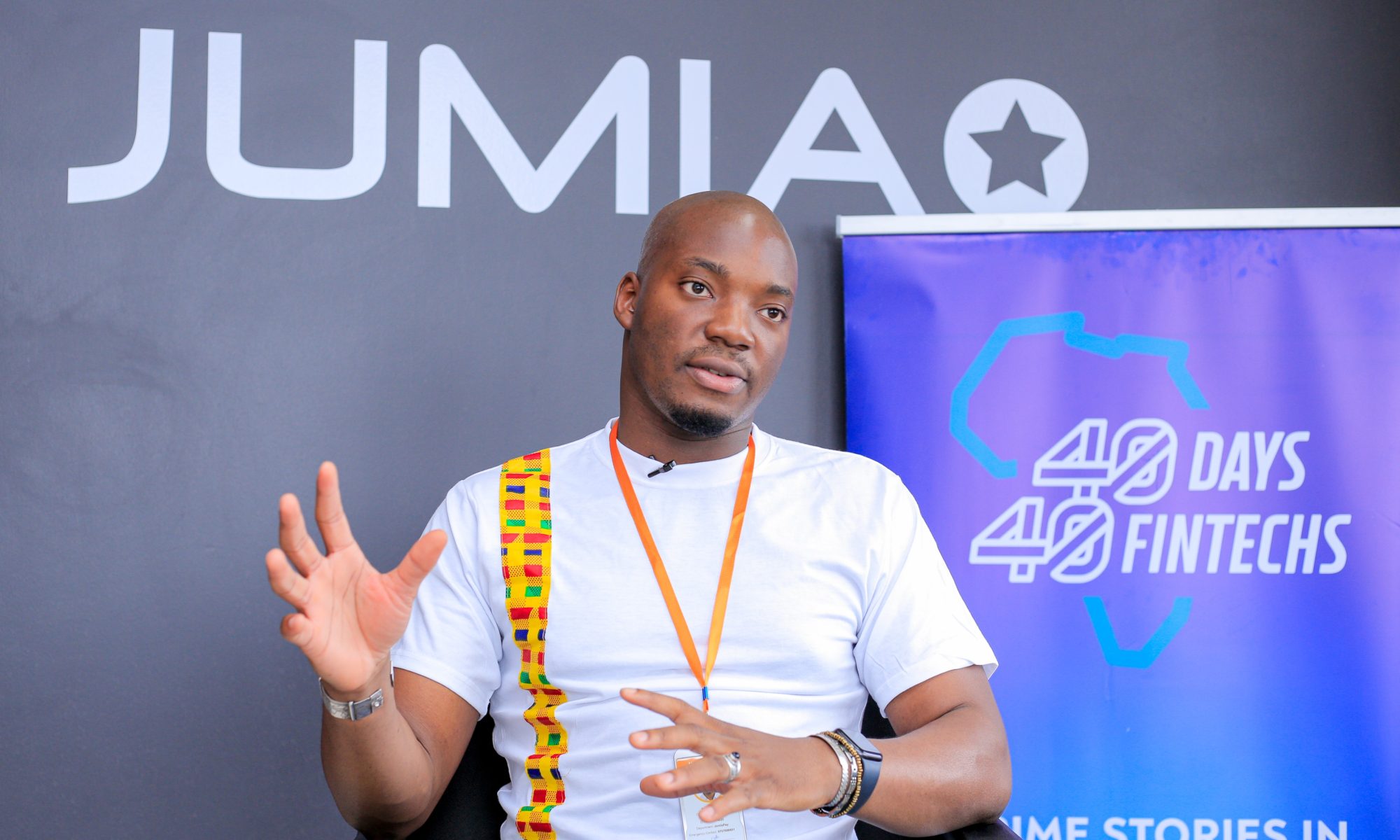Our Reporter.
When Uganda, just like most parts of the world was put into a total lockdown following the outbreak of the Covid-19 pandemic, most businesses were forced to either digitize their services or risk an abrupt closure.
But for Jumia Uganda, the lockdown was just an added ingredient to their burgeoning business because this pandemic sparked off an inevitable digital shopping ‘spree’.
With the Jumia online marketplace, accessible through both the APP and website, customers scrambled to access all goods right from food deliveries to groceries to electronics, appliances, and pharmaceuticals at affordable rates in the comfort of their homes.
And for Mori Sylla, the Jumia Pay Country Manager for Uganda, now that Covid-19 has removed the digital adoption barrier, they are currently concentrating on improving the customer experience through innovation.
One such innovation is the Jumia Dark Stores spread across Metropolitan Kampala that mainly target bringing the turnaround time for all deliveries to within 20 minutes of placing an order.
“One of the main challenges of online shopping is the waiting time on the side of the customer. So, with these stores in every part of the city, you can order an item and get it delivered within 15 or 20 minutes efficiently,” Sylla said in a recent interview.
Sylla noted that the other innovation targets vendors in the Jumia ecosystem. Because many people were hit by the pandemic and its aftermath, Jumia introduced a credit system where registered vendors can access quick and instant digital loans to serve as working capital and keep their businesses afloat.
Another innovation is Jumia Pay; the FinTech App of Jumia. Jumia Pay is currently present in 8 countries and is ready to become the alternative payment platform in Africa.
The Jumia Pay application serves two other roles including processing payments for Jumia Mall and Jumia Food as well as facilitating customers to buy things like airtime and data (currently active in Nigeria).
Budding Industry with so much Potential.
Jumia is undoubtedly one of Uganda’s biggest online marketplaces and Sylla noted that its target is to bring more Ugandans into the online payment space and ultimately become a one-stop center for online businesses.

“Uganda’s e-commerce has a lot of potential because of the positive reception by customers and the young population. Jumia food mart is growing and we have seen competitors coming into the market and doing very well. We are partnering with more players to grow together,” he explained, but nonetheless highlighted the ever-rising inflation as one of their biggest challenges.”
40 Days 40 FinTechs.
Jumia is the 25th participant in this year’s 40 Days 40 FinTechs initiative that offers participants useful tools and an introduction to the industry’s emerging technologies, such as Mojaloop Open Source Software, and guidance from Level One Project foundational material. The skills gained from this initiative cover Level One Project Principles, Instant and Inclusive Payment Systems (IIPS), Inclusive Finance and FinTech in general.
Sylla applauded the 40 Days 40 FinTechs initiative for bridging the gap between different players thus allowing partnerships and knowledge to be shared among players in addition to publicizing information that enables the general public “to know more about Financial Technology and its role in financial inclusion.
According to the HiPipo CEO, Innocent Kawooya, digital innovators and FinTechs around East Africa should embrace season three of the 40 Days 40 FinTechs initiative for it covers physical destinations in Uganda, Kenya, Tanzania, Burundi and Rwanda.
Kawooya added that this year’s edition is cementing the achievements of the previous editions – where over 60 FinTechs were transformed – but also building on them to leverage digital financial inclusion in East Africa and beyond.
The #40Days40FinTechs platform is run under HiPipo’s Include Everyone program that also encompasses other initiatives such as FinTech Landscape Exhibition, Women in FinTech Hackathon, Summit & Incubator, and the Digital and Financial Inclusion Summit and Digital Impact Awards Africa.

